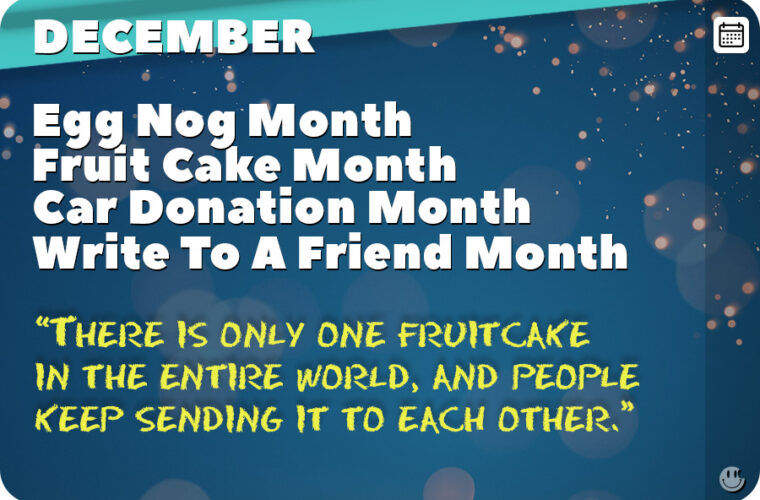 |
US Involvement in the Vietnam War |
The United States’ involvement in Vietnam spanned several decades, beginning with the aftermath of World War II and culminating in the fall of Saigon in 1975. A complex and controversial conflict, the Vietnam War saw the United States attempt to prevent the spread of communism in Southeast Asia. The war profoundly affected American society and pop culture, fueling anti-war protests, social movements, and a shift in the nation’s perception of its role in global affairs. In the years following World War II, the United States, concerned about the spread of communism, began providing military and economic aid to the French colonial government in Vietnam, which was fighting against the communist-led Viet Minh forces led by Ho Chi Minh. The French ultimately withdrew from Vietnam following their defeat at the Battle of Dien Bien Phu in 1954, leading to the signing of the Geneva Accords, which divided Vietnam into North and South along the 17th parallel. The United States continued its involvement in Vietnam, supporting the anti-communist government in the South, led by President Ngo Dinh Diem. In August 1964, after the Gulf of Tonkin incident, President Lyndon B. Johnson secured congressional approval for the Gulf of Tonkin Resolution, which authorized the use of military force in Southeast Asia without a formal declaration of war. This marked a significant escalation of US involvement in Vietnam, dramatically increasing American troop numbers. In the late 1960s and early 1970s, under the leadership of President Richard Nixon, the United States pursued a “Vietnamization” policy, transferring responsibility for the war to South Vietnamese forces while gradually withdrawing US troops. This period also saw the controversial secret bombing campaign in neighboring Cambodia. However, despite these efforts, the conflict continued, and the United States ultimately withdrew its remaining forces in 1973, following the signing of the Paris Peace Accords. South Vietnam fell to the communist North in 1975, marking the war’s end. The United States faced mounting opposition at home throughout the conflict, with anti-war protests becoming increasingly prevalent. The war also significantly impacted American popular culture, inspiring a range of films, music, literature, and art that reflected the nation’s changing attitudes toward the conflict. Vietnam War Details:
Effects on Pop Culture:
Prominent People and Countries Involved:
The US involvement in Vietnam had far-reaching consequences for American society and politics. The war’s unpopularity and the perceived failure of US policy led to a decline in trust in government institutions and a reevaluation of the country’s role in international affairs. Furthermore, the Vietnam War contributed to significant social and cultural changes in the United States, as the anti-war and counterculture movements challenged traditional norms and values. In the years since the war, Vietnam has become a powerful symbol of the complexities and controversies of modern warfare. The conflict’s legacy continues to shape American foreign policy, military strategy, and popular culture, serving as a cautionary tale about the costs and consequences of military intervention in distant lands. |









